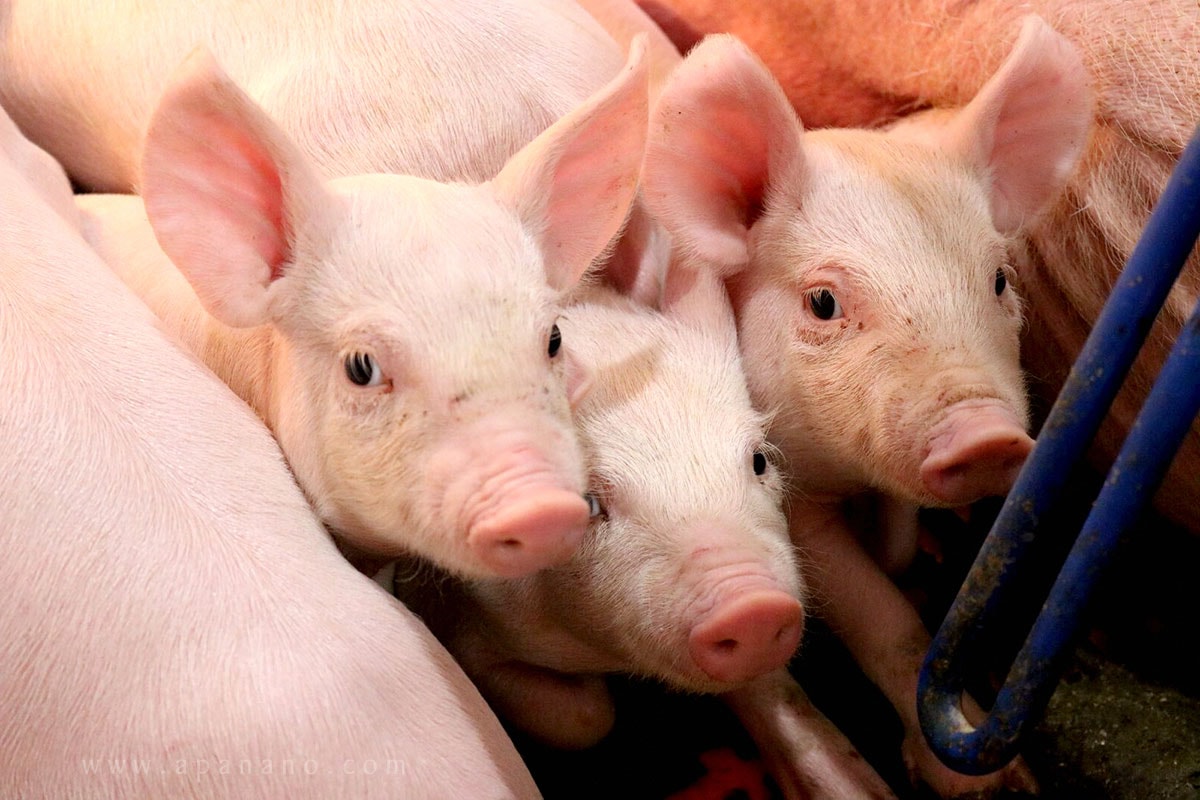Pig price today October 1, 2024: Down up to 2,000 VND/kg
Pig price today October 1, 2024: Sharp decrease of up to 2,000 VND/kg in some Southern provinces. Pig price in the three regions currently fluctuates between 64,000 - 69,000 VND/kg.
Pig price in the Northern region
Today, the price of live pigs in the North has decreased significantly, down to only 69,000 VND/kg in some provinces such as Hung Yen, Hai Duong, Thai Binh and Hanoi.
Bac Giang, Yen Bai, Lao Cai, Thai Nguyen, Ha Nam and Ninh Binh provinces all witnessed a decrease of VND1,000/kg, with the current price being VND68,000/kg.
Other localities in the North all have a buying and selling price of live pigs of 68,000 VND/kg.

Pig price in the Central Highlands region
The current price of live pigs in this area ranges from 64,000 to 67,000 VND/kg.
In Thanh Hoa, the price of live pigs is 67,000 VND/kg; in Dak Lak it is 65,000 VND/kg; and in Ninh Thuan it is 64,000 VND/kg.
The two provinces with the lowest prices are Thua Thien Hue and Ninh Thuan, with the same price of 64,000 VND/kg.
Traders elsewhere continued to buy live pigs at prices unchanged from earlier today.
Pig price in the Southern region
In the morning trading session, the price of live pigs in the South decreased by 1,000 to 2,000 VND/kg. Currently, the purchase price of live pigs fluctuates between 64,000 and 66,000 VND/kg.
Specifically, in Binh Phuoc, Long An and Ho Chi Minh City, the price of live pigs is currently 65,000 VND/kg, down 1,000 VND compared to before.
Dong Thap and Binh Duong also recorded similar decreases, with current prices at VND66,000/kg.
Dong Nai and Ben Tre witnessed a deeper decrease of VND2,000/kg, bringing the price of live pigs to VND65,000/kg and VND64,000/kg respectively.
Diseases and natural disasters have posed major challenges to Vietnam’s pig farming industry. Pork production is expected to decline by 9% by 2024, reaching only about 37,211 tonnes, compared to 54,137 tonnes in 2016. This decline will not only affect the economy but also cause a pork shortage and increase domestic prices.
Typhoon Yagi and the floods in September 2024 made the situation worse. Many figures cannot be accurately counted, and the consequences of Typhoon Yagi and the floods are still unclear.
Restocking cannot be done immediately because of the need to rebuild farms and replace damaged equipment. Investment costs increase and recovery time is prolonged because of the need to purchase new equipment.
Pork prices are not expected to increase immediately but could rise from December due to tight supplies.
